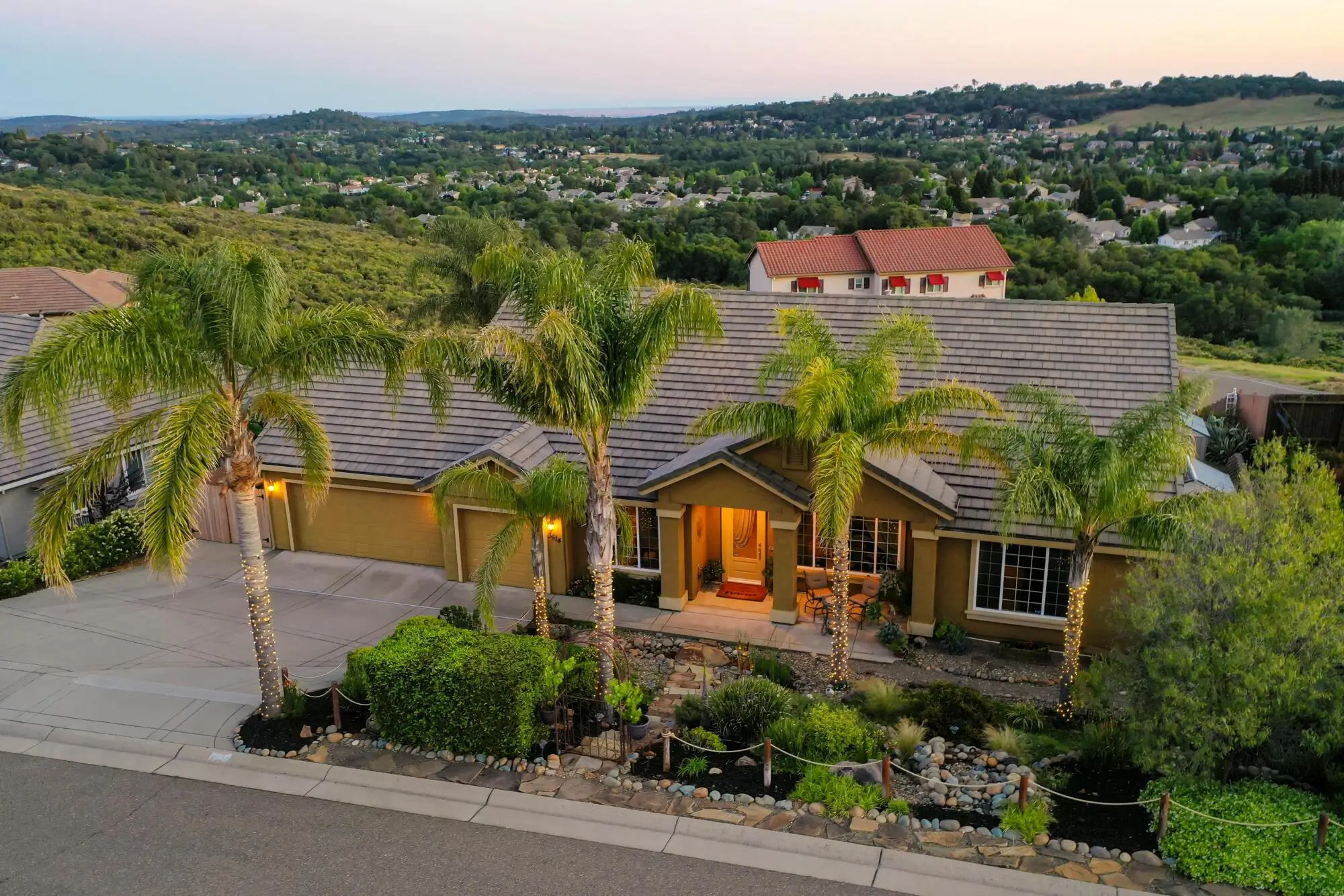Is your neighborhood beginning to show signs of wear? As more communities mature, the need for managing aging communities has never been more urgent.
Managing aging communities goes far beyond curb appeal. It involves addressing structural wear, ensuring resident safety, and adapting to the evolving needs of homeowners. HOAs and property managers are at the forefront of these critical efforts.
With the right strategies, managing aging communities can enhance livability, preserve property values, and foster a welcoming environment for residents of all ages. Proactive management turns aging into an opportunity.
Don't wait for issues to escalate. Explore best practices for managing aging communities and help your neighborhood thrive well into the future.
The Unique Needs of Aging Communities
Aging communities often grapple with specific issues that modern residential developments may not. It includes deteriorating infrastructure, increased maintenance needs, and the demand for age-friendly amenities. Addressing these challenges requires a tailored approach to property management for older HOAs.
- Infrastructure assessment: Regular evaluations of sidewalks, lighting, and community centers are critical.
- Age-friendly amenities: Consider the installation of benches, ramps, and walking paths.
- Emergency services: Facilitate access to emergency services and resources for senior residents.
Keeping these aging community upkeep strategies in mind ensures safety and improves the overall quality of life.
Implementing Effective Maintenance Strategies
Maintaining older HOA properties is fundamental to preserving property values and enhancing community appeal. Regular maintenance schedules should be developed for amenities and common areas. One successful approach is the implementation of a preventive maintenance plan which can reduce long-term costs.
- Plan regular property inspections: It identifies issues before they expand.
- Allocate budget resources wisely: Enhance essential repairs to prolong the property's lifespan.
- Engage community members: Involve residents in maintenance discussions and encourage volunteerism.
This not only enhances the emotional connection to the community but also strengthens the cohesive bond among members.
The Future of Association Management in Aging Communities
As we look toward the future, the need for innovative solutions in association management for aging communities will only grow. With technologies such as smart home systems and community apps, property managers can provide tailored support and connectivity to residents. Implementing these technologies can streamline communication, improve safety monitoring, and facilitate access to community resources.
Additionally, fostering partnerships with local healthcare services can enhance the support systems available for older residents. By proactively addressing resident needs and maintaining open lines of communication, associations can not only sustain but enrich the life quality within aging HOAs.
Managing Aging Communities the Right Way!
Managing aging communities requires a multifaceted approach that encompasses understanding their unique needs, implementing effective maintenance strategies, and looking toward future innovations. By enhancing aging community upkeep and actively involving residents in community life, property managers can create thriving environments that resonate with sustainability and community spirit.
Ready to elevate your management practices? At MyTown Communities, we have been dedicated to serving homeowners associations for years. Our team specializes in HOA and Condo Management in the Fort Myers, FL area, offering tailored solutions that meet your community's unique needs.
Partner with us to enhance your community's vitality, maintain property values, and ensure a harmonious living environment.






